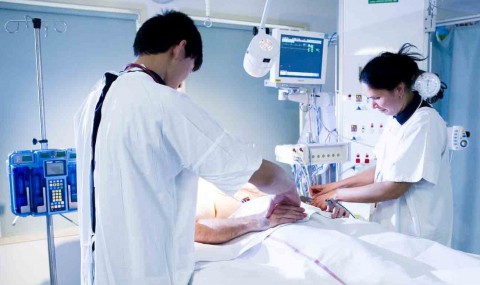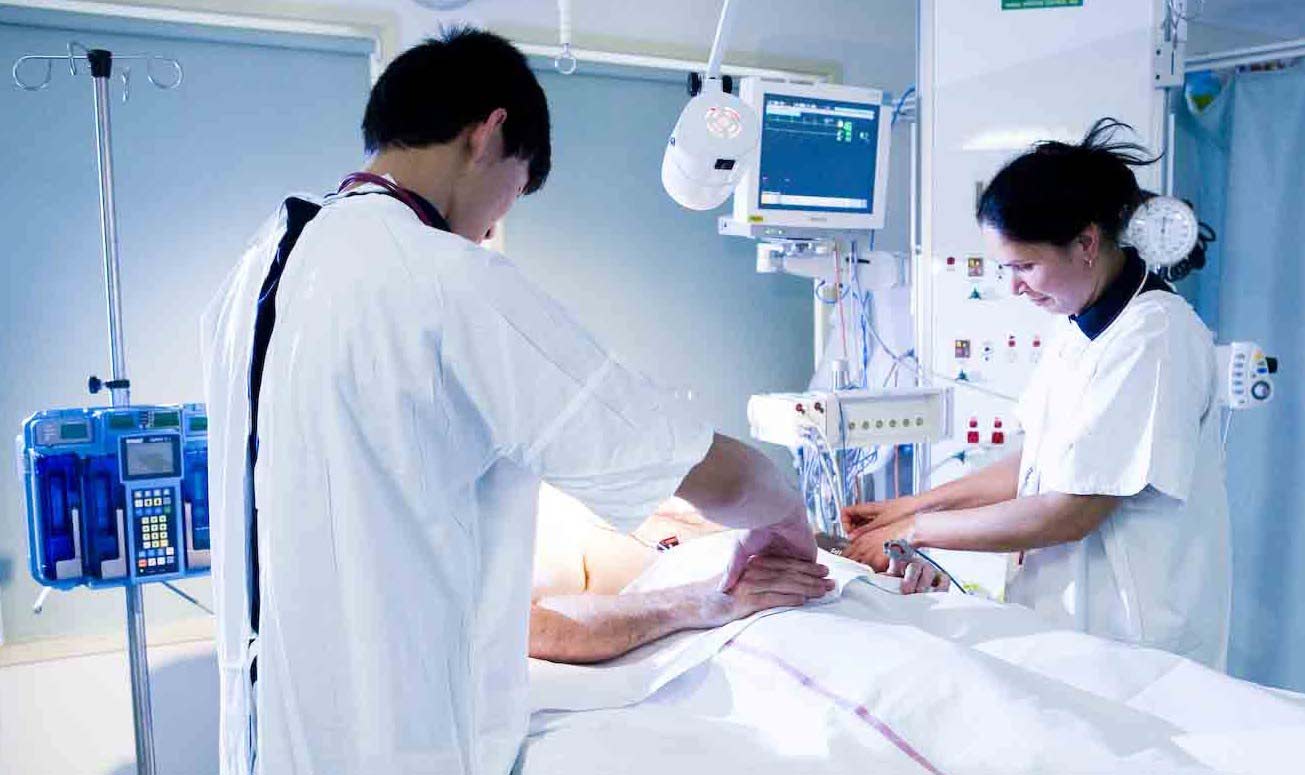 The nation’s workforce will add more registered nurses through 2020 than any other occupation. About 711,000 new RNs will be needed, according to U.S. Bureau of Labor Statistics (BLS) projections. That doesn’t even include filling positions of retiring nurses, an act that could push the number to 1.2 million, according to the National Association of Colleges of Nursing website.
The nation’s workforce will add more registered nurses through 2020 than any other occupation. About 711,000 new RNs will be needed, according to U.S. Bureau of Labor Statistics (BLS) projections. That doesn’t even include filling positions of retiring nurses, an act that could push the number to 1.2 million, according to the National Association of Colleges of Nursing website.
An associate’s degree is enough to become an RN. However, a bachelor’s of science in nursing is becoming the preferred degree for a registered nurse, especially if looking to specialize, according to the BLS.
Though becoming an RN is a path that may lead to employment and good pay, entering a specialized field can be even better. Some of the nation’s nearly 3 million nurses choose to work in specialized fields for even higher pay. Some specializations are even more in demand than traditional RNs.
Most of the following specializations require a bachelor’s degree, experience in the specific area and successfully passing an exam for certification. All require you to have a current RN or Advanced Practice Registered Nurse license.
Critical Care RN
These nurses care for the most critically ill or injured patients, often in the ICU, operating life support equipment, treating wounds, helping doctors and responding to life-threatening conditions. Patients can range from adults to newborns.
The CCRN certification is through the American Association of Critical Care Nurses and requires passing a 150-question exam. You need 1,750 hours of direct care for critically ill patients over the past two years, 850 of those hours in the past year, the association said.
You can also have five years as an RN with 2,000 hours of direct care of critically ill patients, 144 of which can be in the past year.
Telemetry Nurse
Telemetry nurses also often deal with the critically ill, some just out of the ICU and at extreme risk of complications. They monitor equipment, tracking vital signs of patients. This job requires technical skills, as patients require monitoring and care around the clock.
Nurses pursuing this specialty can receive certification as a progressive care certified nurse through the American Association of Critical Care Nurses. The qualifying exam is 125 questions. Eligibility requirements are the same as those for a Critical Care RN.
Neonatal Nurse
Neonatal nurses care for newborns with a variety of critical problems from malformed hearts, premature birth, infection or birth defects. They often work in a neonatal intensive care unit, though some neonatal nurses care for less seriously ill infants.
Many have advanced degrees and work as neonatal nurse practitioners. RNs can be certified through the National Certification Corp. in neonatal intensive care through an examination. You need a current RN license, two years of experience with 2,000 hours in the specialty to qualify for the test.
OR Nurse
Also called perioperative nurses, they can work in the OR as a scrub or a circulating nurse inside and outside sterile area. OR nurses care for patients immediately before or after surgery.
Registered nurses can receive a CNOR certification through the Competency and Credentialing Institute with an examination. You need two years of experience with 2,400 hours in perioperative nursing. At least half must be in a surgical setting.
Dialysis Nurse
Dialysis nurses supervise patients in the entire treatment, ensure proper medication is given, review lab work and evaluate patients. They can work at a center or with home dialysis patients.
RNs can become a certified dialysis nurse through the Nephrology Nursing Certification Commission by passing a 200-question paper exam or a 175-question computer test. You must be an RN with a bachelor’s degree with 3,000 hours in nephrology and 30 hours of continuing education credit in nephrology from an approved source.
Labor and Delivery Nurse
Labor and delivery nurses care for mothers during labor and birth, monitor the mother and infant, time contractions, give medications, help induce labor and advise new mothers on infant care.
RNs can be certified through the National Certification Corp. as an inpatient obstetric nurse. To qualify you need to be a licensed RN with two years of experience in the specialty with a minimum of 2,000 hours and have worked in the specialty within the past two years.
Nurses interested in these specializations should seek work in those fields as an RN to gain experience and many hospitals will hire even new nurses who express an interest in a specialized area. You can also take courses while getting a degree that focus on these specialties.
A specialized certification can improve your job chances and pay in a career that is already in high demand.









